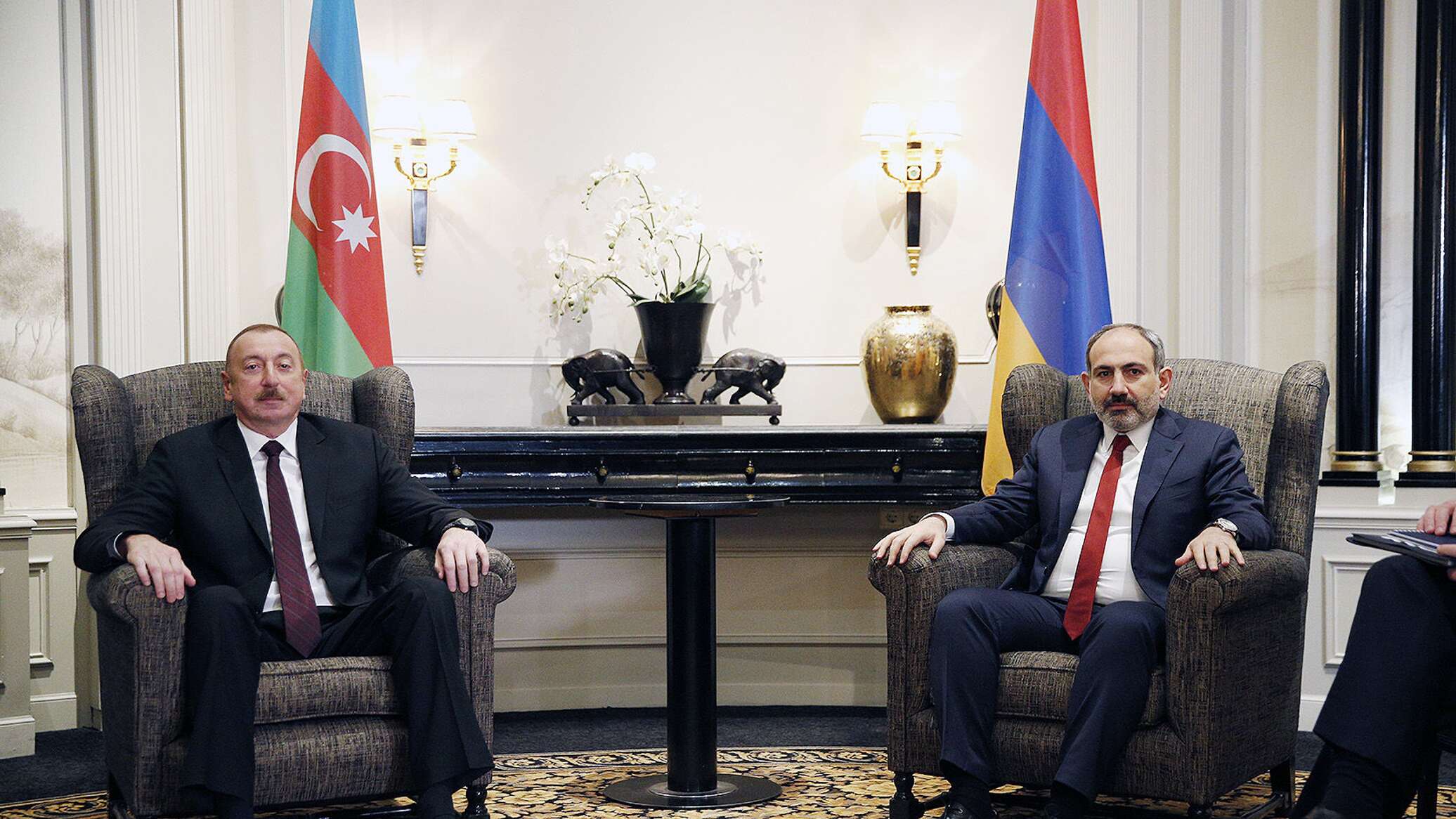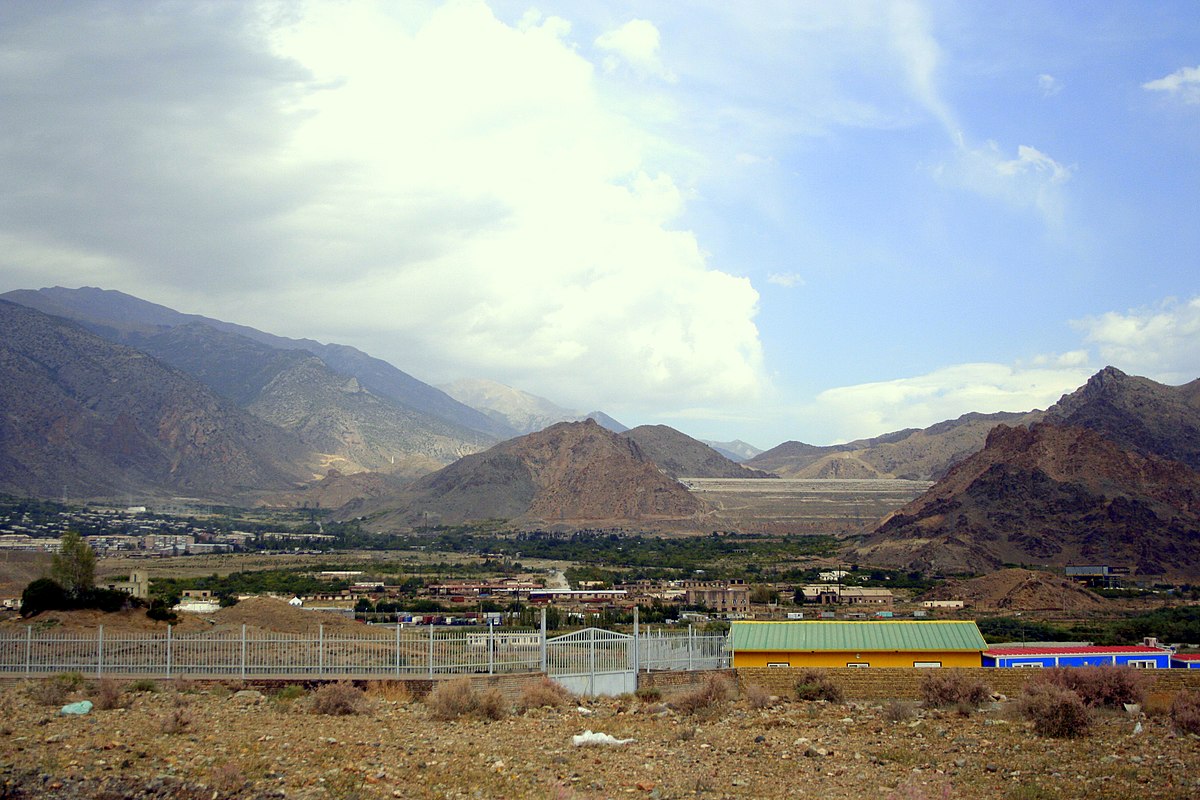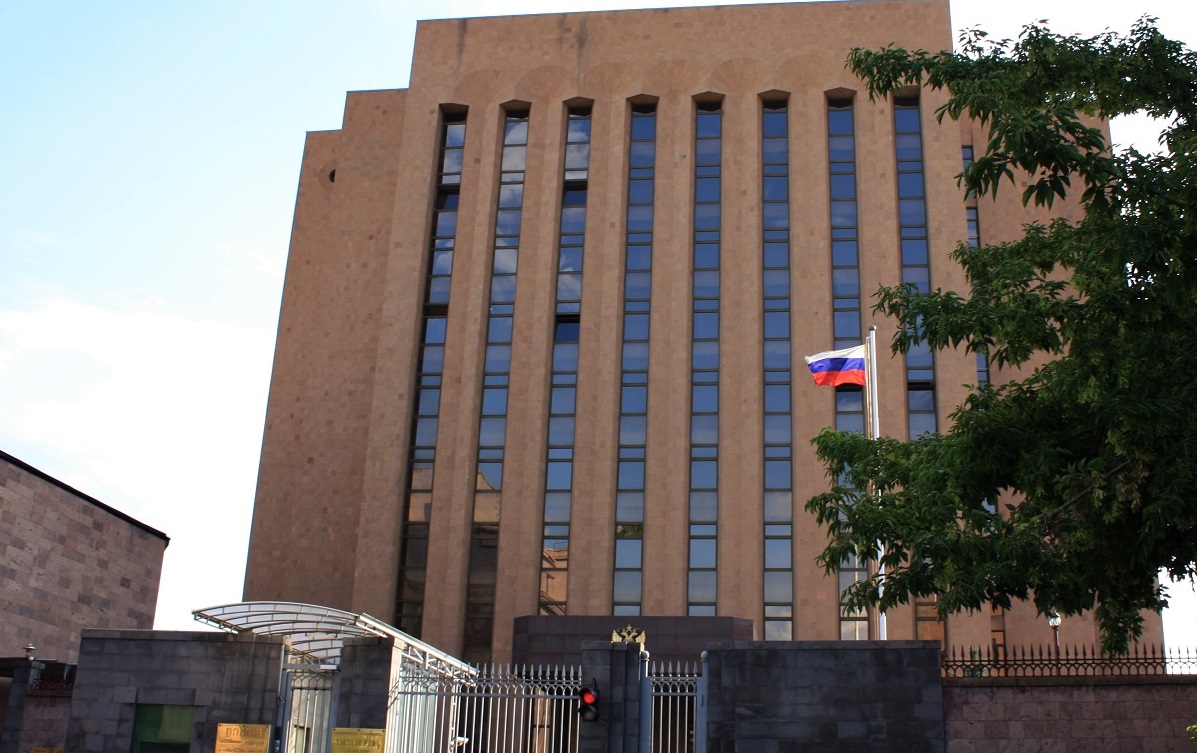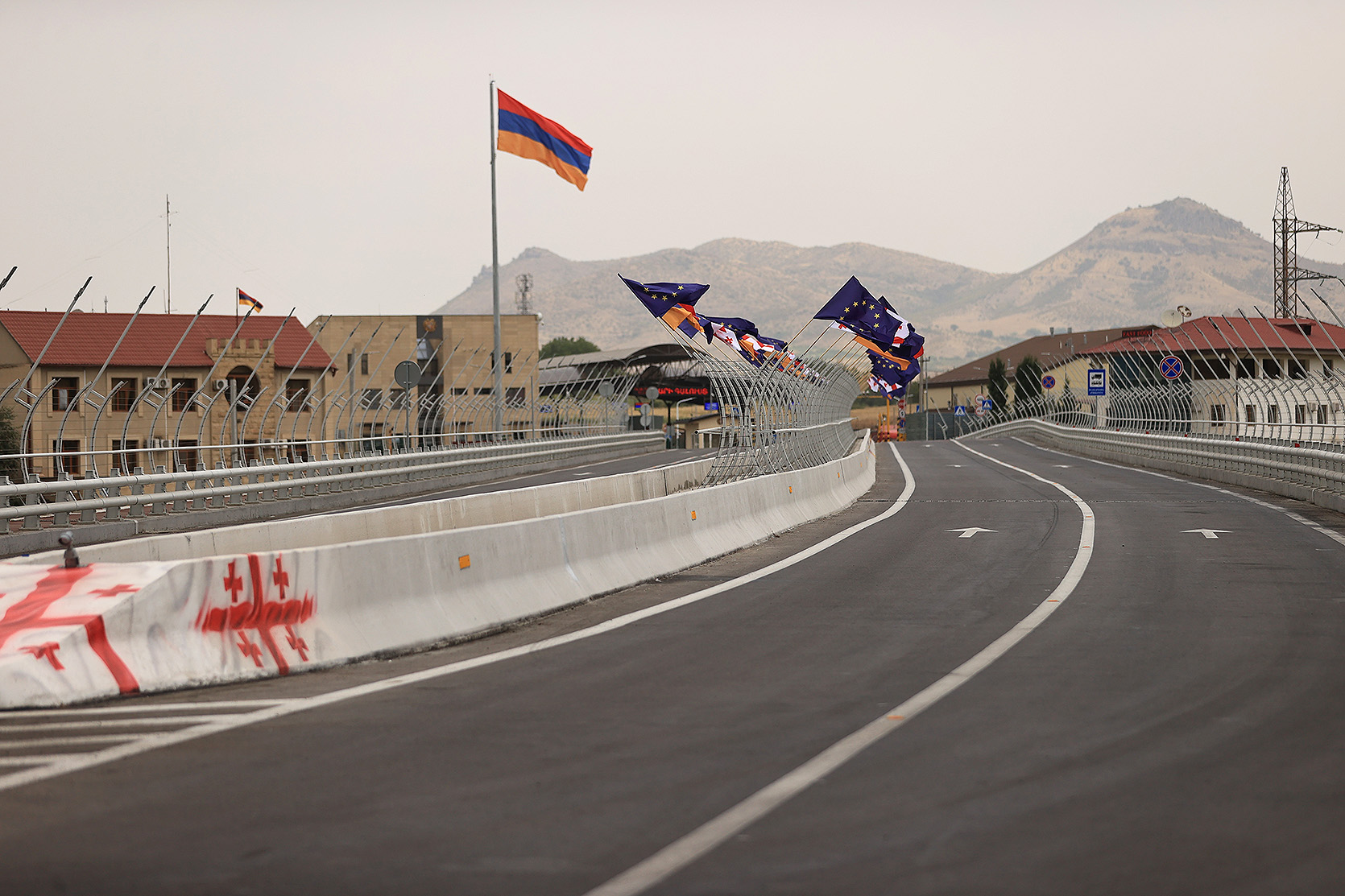A new US co-chair of the OSCE Minsk Group has been appointed. What does it mean?
New OSCE Minsk Group Co-Chair from the USA
Philippe Reeker has been appointed US Co-Chair of the OSCE Minsk Group. Peace talks on the Karabakh conflict were held in this format prior to the 2020 war. At the time, the president of Azerbaijan announced that the conflict no longer exists, that it had been resolved by military means, and the Minsk Group itself had “died, and the resuscitation of the OSCE Minsk Group is impossible.” At the same time, the Armenian authorities consistently emphasize the “importance of using the institution and experience of the OSCE Minsk Group co-chairing”, and express readiness to continue the dialogue with Azerbaijan in this fashion.
Moreover, the Armenian authorities emphasize the role and necessity of involving the Minsk Group in negotiations not only regarding the Karabakh conflict, but also on the issue of signing a peace treaty with Azerbaijan.
The OSCE Minsk Group was established in 1992. It was entrusted with a mediating role in the negotiations about the Karabakh conflict. The group includes Germany, Italy, Finland, Sweden, Belarus, Turkey, Armenia and Azerbaijan. Russia, the USA and France are co-chairs.
About Philip Reeker, what he thinks about the conflict and Armenian-Azerbaijani relations, what the new appointment means according to US Secretary of State Anthony Blinken, and opinion about it in Armenia
- Future of Karabakh mediators: no more OSCE Minsk group?
- Will Armenia and Azerbaijan sign a peace treaty despite disagreements?
- Azerbaijani President Ilham Aliyev: “OSCE Minsk Group cannot be revived, it is dead”
State Department: “Minsk Group will promote direct dialogue between Armenia and Azerbaijan”
Blinken also appointed Philip Reeker as US representative for the Geneva International Discussions. Two other conflicts in the South Caucasus (Georgian-Abkhazian and South Ossetian) are being discussed in this format. On Twitter, the Secretary of State wrote that “the appointment of Ambassador Reeker confirms the US commitment to the peaceful resolution of conflicts in the South Caucasus.”
The State Department also made a statement regarding the new appointment:
“The United States is committed to helping Armenia and Azerbaijan negotiate a long-term political settlement of the Nagorno-Karabakh conflict. Ambassador Reeker will also work with like-minded partners such as the European Union and, as Co-Chair of the OSCE Minsk Group, will promote direct dialogue between Armenia and Azerbaijan. The appointment of Ambassador Reeker during this period also confirms the importance of the role of the United States in the Geneva discussions on Georgia.”
Philip Reeker is reported to be a diplomat with extensive experience. He was Chargé d’Affaires in the UK until recently, and from March 2019 to August 2021 he served as Acting Assistant Secretary of State for European and Eurasian Affairs, also working in Milan as US Consul General and US Ambassador to North Macedonia. He has experience not only in the Balkans but in Iraq.
The US and France are ready to work in the Minsk Group, Russia is not
The current situation raises questions, since Russia, a co-chair, has declared that work in the format of the OSCE Minsk Group is impossible.
Doubts about the possibility of the United States, France and Russia working together arose immediately after the start of the war in Ukraine and the open confrontation between Russia and the West.
They were confirmed by Russian Foreign Minister Sergei Lavrov, who spoke openly about the impossibility of continuing work with France and the United States in the Minsk Group. This also surprised the Prime Minister of Armenia. Nikol Pashinyan stated that he had other agreements with the President of Russia.
The unfeasibility of the group was also stated by the press secretary of the Russian Foreign Ministry, Maria Zakharova. According to her, the United States and France had severed ties with Russia over this after the start of the war in Ukraine.
However, the United States has repeatedly stated at various levels that it is ready to continue working with Russia in the OSCE Minsk Group “for the sake of a comprehensive and peaceful settlement of the Karabakh problem.”
In April, Minsk Group Co-Chair from France Brice Roquefeuy visited Armenia and confirmed his country’s readiness to participate in the process.
A few days after this visit, the OSCE Minsk Group co-chair from Russia, Igor Khovaev, was appointed special representative of the Russian Foreign Minister to promote the normalization of relations between Armenia and Azerbaijan. Moscow reported that Khovaev’s new status is a consequence of the refusal of Washington and Paris to work with Russia about this.
Reeker: “The group’s mandate is still very viable”
In June last year, Philip Reeker visited Yerevan as part of a regional visit. He then served as the US Assistant Secretary of State for European and Eurasian Affairs. In an interview with Radio Azatutyun (Freedom), he spoke about the normalization of Armenian-Azerbaijani relations.
The diplomat emphasized the need to resolve humanitarian issues – particular the return of Armenian prisoners still held in Azerbaijan:
“The US government has repeatedly stressed that all prisoners and detainees must be released and returned home. We must remember that this conflict has affected people deeply. It is important to remember that we are talking about people who are on both sides of the conflict, about people’s children, their spouses, their parents. We want all detainees to be released, we want an end to mine deaths, we want to see an end to the conflict and a comprehensive solution. This is something that the United States has supported for years as a Co-Chair of the OSCE Minsk Group.”
A year before this appointment, Ambassador Reeker said that Washington was in favor of continuing negotiations between Armenia and Azerbaijan within the framework of the OSCE Minsk Group:
“We are confident that the mandate of the group is still very viable, it is necessary to return to this process, to revive this process, to resolve all these issues in practice as soon as possible. […] We are ready to work with the rest of the OSCE Minsk Group Co-Chairs [France and Russia] or, if necessary, with others. Our message is that we want to see a solution to this conflict so that all countries in the region can move forward, look ahead, focusing on building secure, stable democracies that can provide prosperity, which is the desire of all people.”
“Riker will coordinate work in all conflicts in the South Caucasus”
Reeker will not only be the co-chair of the OSCE Minsk Group, but also the US representative in the Geneva International Discussions, American analyst Suren Sargysan underlines.
“This means that he will coordinate all US diplomatic work in all conflicts in the South Caucasus.
“In general, American interests in the South Caucasus are predominantly of a broader regional nature than the context of deepening bilateral relations with the three states. That is, the United States is interested in the region as a whole and competes with regional players.
“The South Caucasus is geographically located next to longtime US adversary Iran, strategic ally and key NATO member Turkey, and historical rival and main adversary Russia. It explains everything. And the last appointment directly confirms what was said above, ”the expert wrote on his Facebook page.
New OSCE Minsk Group Co-Chair from the USA






















